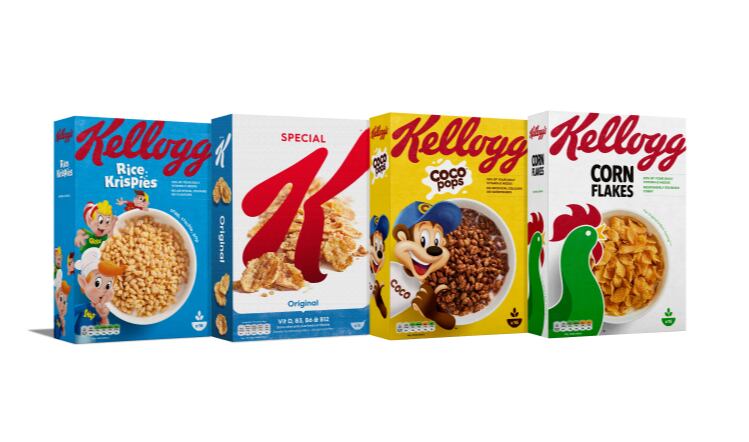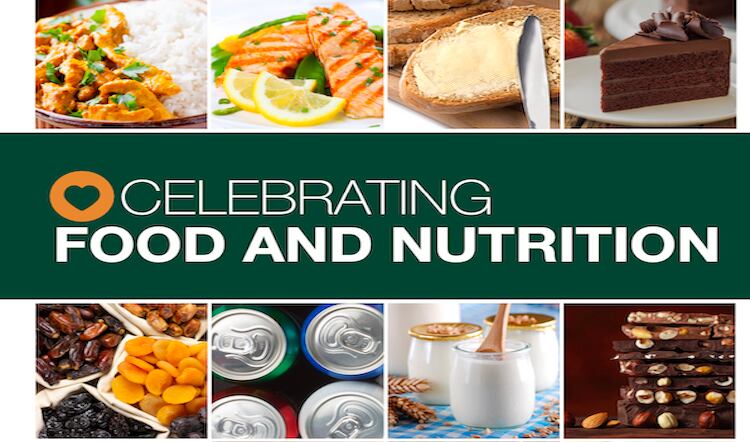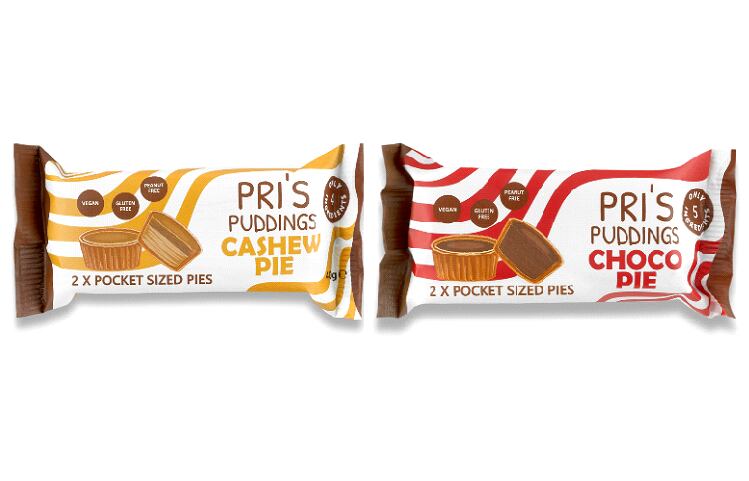It is understood that the ban of in-store volume deals – including buy-one-get-one-free – will be delayed a further year. The introduction of a TV and online watershed ad ban on HFSS foods, originally slated for January next year, would be pushed back for 12 months.
However, the ban on HFSS promotions in prominent in-store locations, such as the end of aisles and at the checkout, will still go ahead in October as planned.
Public health minister Maggie Throup said: “We’re committed to doing everything we can to help people live healthier lives. Pausing restrictions on deals like buy one get one free will allow us to understand its impact on consumers in light of an unprecedented global economic situation.”
Contradiction from Government
Action on Sugar and Action on Salt chairman professor Graham MacGregor said the postponement completely contradicted the Government’s levelling up ambitions.
“Boris Johnson could have left a legacy of being the first Prime Minister to address obesity in a meaningful way, particularly in restricting advertising and promotion of unhealthy food which were his flagship policies,” said MacGregor. “Instead, he has given in to his own MPs, and an aggressive food industry, who – ironically - were starting to comply with these new policies.
“It will also massively impact the NHS and the nation’s health, which will suffer the consequences and escalating cost of treating obesity, Type 2 Diabetes and tooth decay - all linked to our very high and unnecessary sugar, salt and saturated fat intakes, that the food industry is entirely responsible for.”
The Food and Drink Federation viewed the news in a much more positive light, instead focusing on the relief the delay would bring to businesses and families.
Struggling with inflation
Chief scientific officer Kate Halliwell said: “At a time when both families and our manufacturers are struggling with high inflation, it makes sense to delay the restrictions on volume promotions for everyday food and drink products, including breakfast cereals, ready meals and yoghurts, as it risked further stretching already pressed household budgets.
“We also welcome the delay to the start of advertising restrictions, given the time it will take our industry to prepare for the change in law.”
The restrictions on HFSS promotions have been met with mixed response by members of the food and drink industry.
Doughnut maker Urban Legend had praised the Government for sticking to its 1 October deadline for introducing the restrictions, commenting that their implementation was long overdue.
A question of responsibility
“For far too long, tackling obesity and adopting a healthy lifestyle has been the sole responsibility of the consumer, which is an unrealistic expectation and an unfair burden when they are constantly bombarded with advertisements and promotions for unhealthy foods while shopping, browsing online, watching TV or listening to the radio,” said chief executive Anthony Fletcher.
Kellogg’s on the other hand launched a legal challenge against the Government’s restrictions, claiming they unfairly represented breakfast cereals.
The manufacturer argued that the formula used to measure the nutritional value of food was wrong when it came to breakfast cereals – the Nutrient Profiling Model (NPM) only accounted for portions of dry cereals and not for a bowl of cereal and milk.





